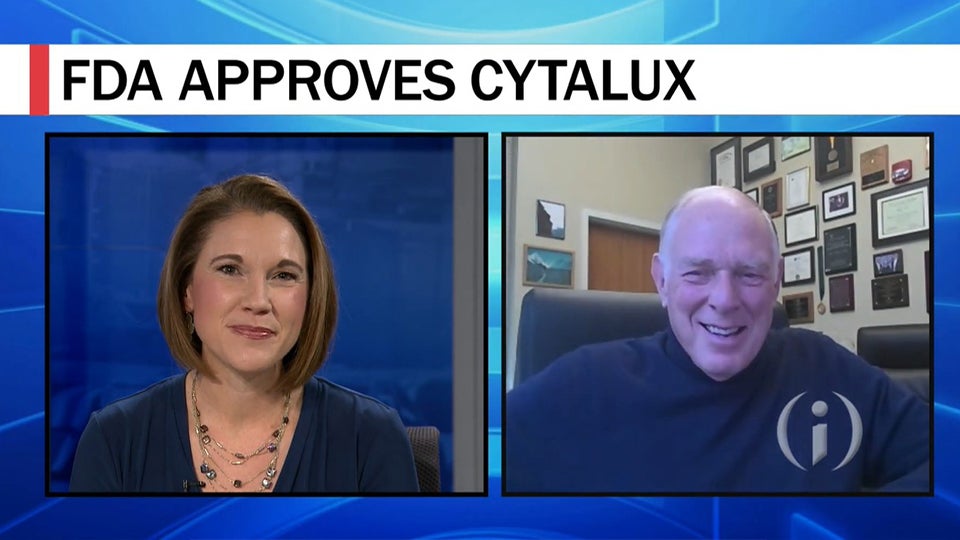Doctor: FDA approval of Cytalux could be revolutionary for cancer surgery
WEST LAFAYETTE, Ind. (Inside INdiana Business) — The founder of West Lafayette-based On Target Laboratories Inc. says the recent approval from the U.S. Food and Drug Administration for the company’s imaging drug Cytalux brings “a whole rainbow of emotions.”
Cytalux uses fluorescent technology to help surgeons spot ovarian cancer tumors.
Dr. Philip Low says he believes the drug should “revolutionize the practice of surgery for years” and also fuel development of treatments for other diseases.
In an interview with Business of Health Reporter Kylie Veleta, Low said the main feeling he has is one of gratitude.
“I’m really thankful for the help that I’ve had, the assistance from grad students and post-docs in my lab and the employees at On Target Labs, the company, have put in many years of really tireless effort and moving this from the bench through pre-clinical and clinical development and finally into humans,” said Low.
Click here to watch the full interview
Low says Cytalux attaches fluorescent light to the folic acid vitamin, which cancer cells feed on in order to divide.
“When it’s injected into a patient, that bright fluorescent light bulb circulates through the body, but only is captured, or primarily, by cancer cells,” said Low. “This allows the cancer cells to light up so the surgeon, when he or she goes in to perform surgery, can see the cancer light up brightly against the dark background of healthy cells and enables the surgeon then to remove more malignant lesions than he or she would’ve otherwise been able to do so.”
Low is a legend in Indiana’s life sciences industry. He founded Endocyte in West Lafayette, which was sold to Novartis AG. (NYSE: NVS) for more than $2.1 billion, as well as seven other startups.
However, Cytalux is the first drug developed by one of this companies to receive FDA approval, and he hopes it’s the first of many.
“We have a lot of drugs moving forward in areas from rheumatoid arthritis, other cancers, CNS diseases like Alzheimer’s, fibrotic diseases and even infectious diseases like COVID-19 and I think the lessons we’ve learned in moving Cytalux forward will be very beneficial to developing these other drugs, too.”
After such a long career, Low says money is no longer a motivation for him; it’s really about helping people.
“I think I’ve been blessed with ideas on how to cure or treat human diseases and I think with that unearned, God-given ability to see opportunities to help people comes an obligation. So, even though I probably should’ve retired many years ago, I don’t intend to. I really think I can still do an awful lot of good.”
